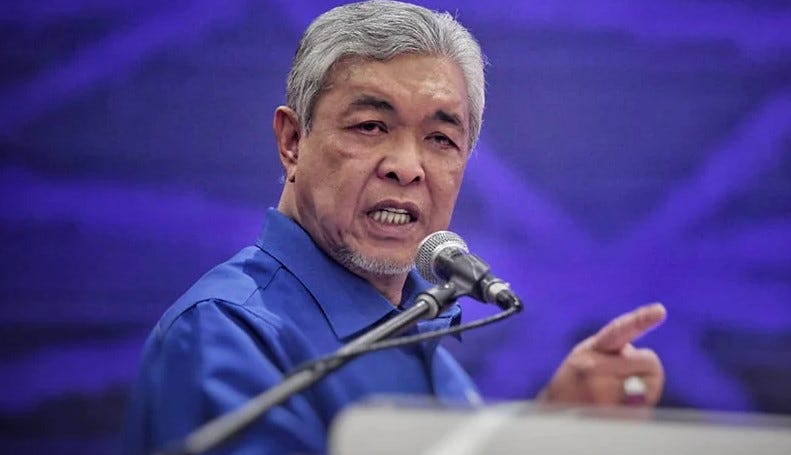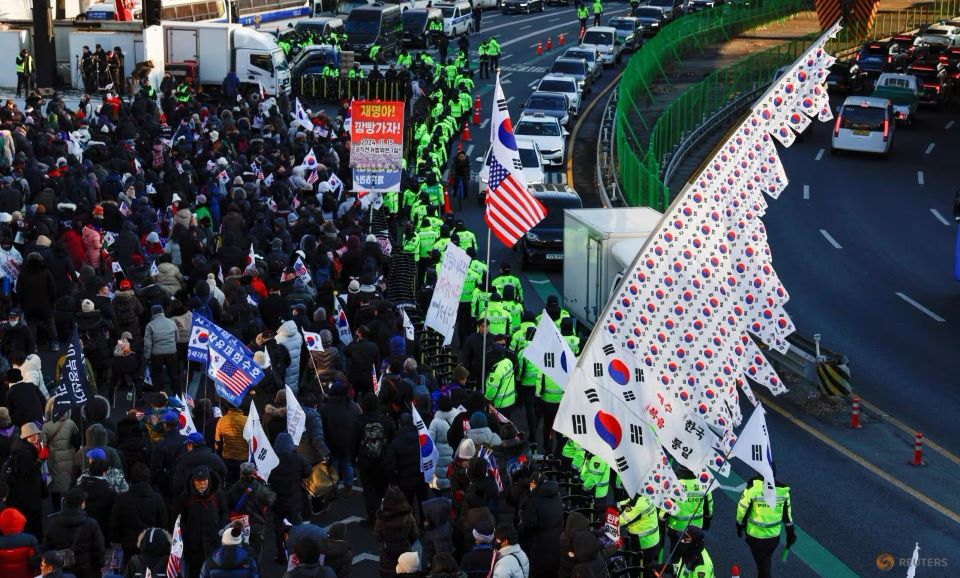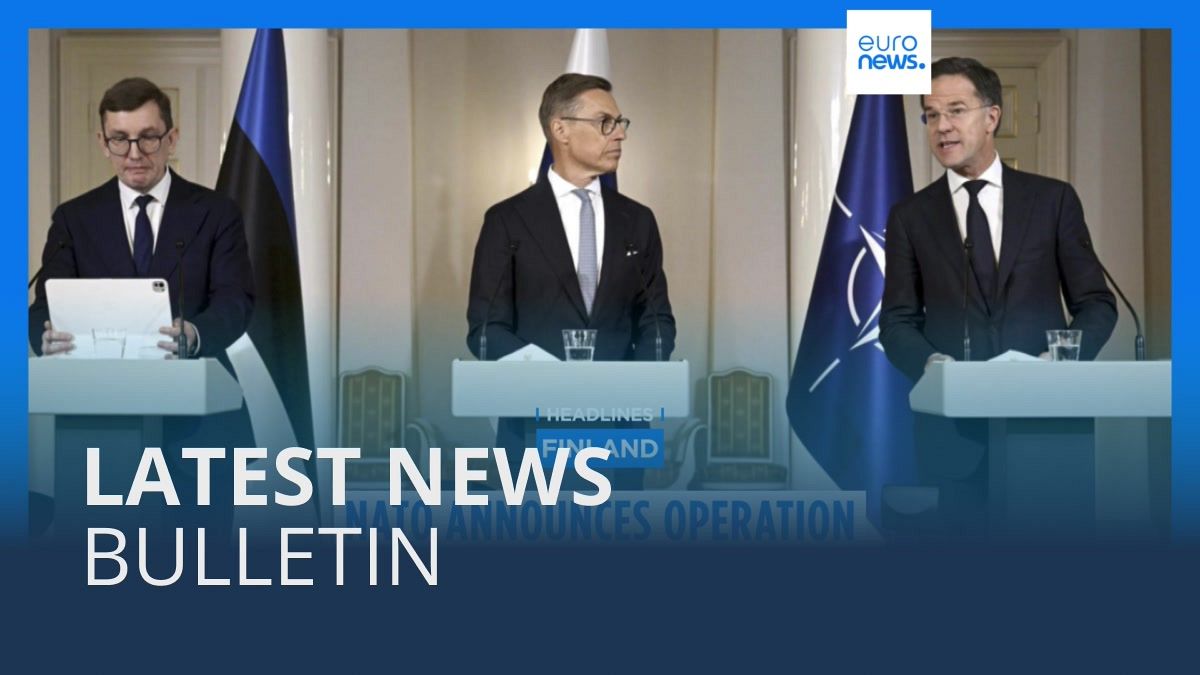By: Murray Hunter
As an indication of just how precarious his ‘unity’ government is, Anwar Ibrahim, Malaysia’s new prime minister, is being forced by circumstances to take on as his deputy prime minister Ahmad Zahid Hamidi, the president of the United Malays National Organization and a man who faces 47 counts of criminal breach of trust, corruption and money laundering charges involving funds allegedly looted from a charity he started. Keeping him out of prison in a newly independent criminal justice system will be a challenge.
The decision to take on Zahid has shocked and dismayed Anwar’s followers, who for years have been waiting for him to take office to head a reformist government, But as a longtime political observer told Asia Sentinel, “Anwar needs Zahid’s numbers. Zahid needs their endorsement.”
Anwar’s staunchest and most trustworthy new ally is totally counterintuitive. Zahid will be the one who stands by him, which could be to his detriment. But only Zahid can keep the restive Barisan components together, both among the MPs and the parties. This will bring great friction between Anwar’s current people in the not-too-distant future.
Anwar must survey a landscape in which his potential enemies are camouflaged against the scenery. His government is not a Pakatan Harapan one. It is not quite a unity government. It’s a government founded on the best compromise that could have been made at the completion of GE15. The monarchy saw Anwar as a moderate center-right figure in contrast to the far-right ethnocentric ultra-nationalist-Islamic opposition.
Anwar’s government was a bet made on steering some form of middle path, which the royalty and the establishment saw as in the best interests of the nation. However, he faces challenges that will aim to destabilize him, if not even make him fall from the government. These can be summarized as follows.
A new parliamentary opposition
For the first time in decades, the parliamentary opposition will be Malay-centric, with Muhyiddin Yassin’s Perikatan Nasional, whose senior partner is the rural Islamist Parti Islam se-Malaysia playing directly to the Malay heartlands, their only constituency. This is where the attacks painting Jewish, communist, and anti-Islamic labels on the new government are coming from. They won’t go away anytime soon.
With corruption issues and upcoming court cases due against members of the new government, with Zahid as their poster boy, expect Perikatan Nasional to suddenly become the anti-corruption coalition. This is potentially Anwar’s weak spot, depending on the composition of his cabinet, which PN will seek to exploit. Anwar may have to take the back foot over corruption issues among his coalition parties to keep it intact.
The opposition is supported by a massive social media apparatus. The last weeks of the election campaign saw hostile racial posts on social media and continued attacks on the ethnic Chinese-dominated Democratic Action Party. PAS is well-resourced with trolls, bots, cybertroopers, and bloggers who will take the battle to the new government.
Taking these groups down by legal means, using the conveniently-passed anti-fake new law passed by the previous government, could be counterproductive, while leaving them intact could be destructive. Anwar and his future home minister need to be particularly sensitive so as not to create new heroes for the opposition.
The civil service
Anwar has the civil service to contend with. The civil service has over decades built up a very powerful Malay agenda. Any reforms that appear to compromise this can be very easily dismembered, as the civil service is the primary extension of government.
In addition, as a former home and prime minister, Muhyiddin and his PN allies will have strong and cordial relationships with key civil servants. How much influence is held over the bureaucracy is a big unknown.
To safeguard his government, Anwar may best purge the civil service of those potentially dangerous officers. They can’t be sacked but they can be mothballed into ineffective positions, out of harm’s way although that dares a rebellion within the civil service.
Fifth column in his government
It’s public knowledge that at least 10 Barisan Nasional MPs were strongly against the coalition with Pakatan Harapan. Zahid – and his is where his value lies — had to use the threat of the Anti-Hopping Laws to keep them in line. Now they are part of the government. Anwar must be continually aware of these enemies within his own ranks and any potential moves they may make to destabilize his government.
Within Anwar’s own coalition are those who fundamentally disapprove of Pakatan Harapan. They were forced into the coalition against their will, and will do almost anything to undermine this government, if the opportunities arise. With insiders willing to make public any embarrassing information to undermine it, any breaking corruption issues will surely very quickly become public.
While the former prime minister Najib Razak is serving a 12-year jail term for his role in looting the sovereign fund 1MDB, there will always be question marks about whether any deals were done with Zahid. Embarrassing documents, true or fake, will make light of day over the next year.
Anwar’s dilemma
Not only must Anwar placate his own loyal Pakatan supporters, but he must also satisfy the supporters of deeply disparate if not outright hostile parties within his coalition. If he is going to even dream of there being a second term, the voters of the Malay heartlands must be constructively engaged as well.
Anwar was well aware of this in his first press conference, in which he said Malay rights and Islam would be upheld according to the Constitution. This is going to stifle the development of any new national narratives. Islam Hadhari, 1Malaysia, and Keluarga Malaysia all fell into the rubbish heap of history anyway.
The essence of Anwar’s focus must be on doing — become the quiet achiever, and let others paint any new narratives. Coming up with new ones paints a target on his back. Anwar’s efforts must be a continuation of entitlement programs, which can be expanded to include other marginalized groups.
Anwar himself
Keeping his government together will be the best of Anwar’s own shrewdness. Deep within his psyche is a true Malay Machiavellian view of the world. He will weigh up every decision he makes according to this construct. However, his biggest weakness is trusting the wrong people. All of his loyal old guard ‘Reformasi’ era comrades have long been cast aside.
This government should stand over the next couple of years. It has tacit royal support, which is extremely powerful in Malaysian politics. Anwar will have to be aware of the Islamic institutions within his own government, and make a good selection of his next Inspector General of police (IGP).
Anwar must create satisfaction among all voters. He knows what can and what can’t be done. There will be no point trying to bring in reforms that lead to the end of his government. We saw the danger of ICERD.
At best, Anwar will create a new political space within Malaysian politics. At worst, his government will become just another victim of political treachery.





















Discussion about this post